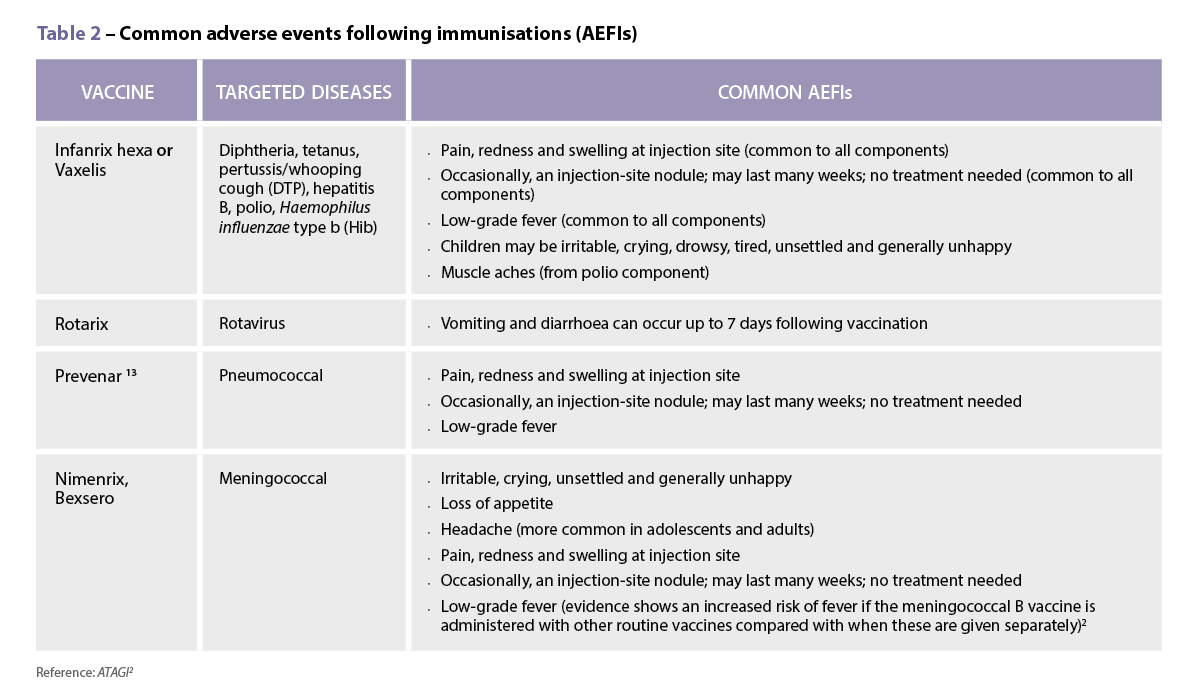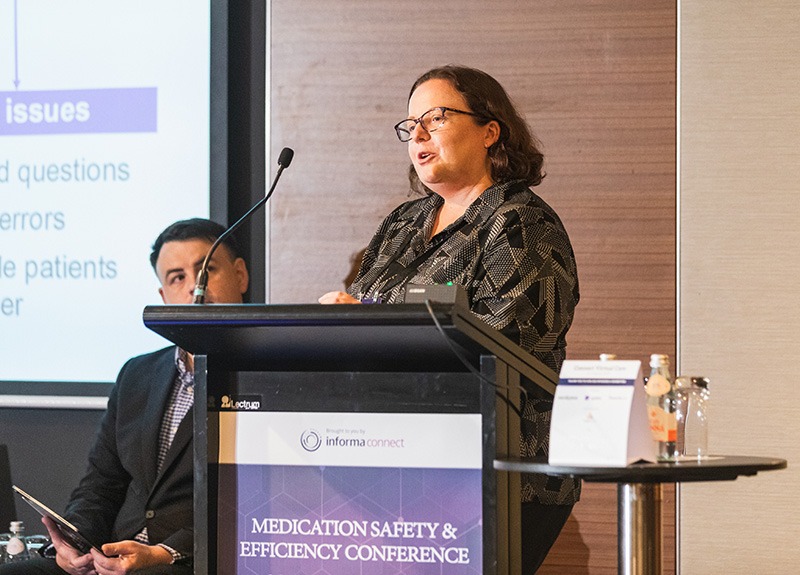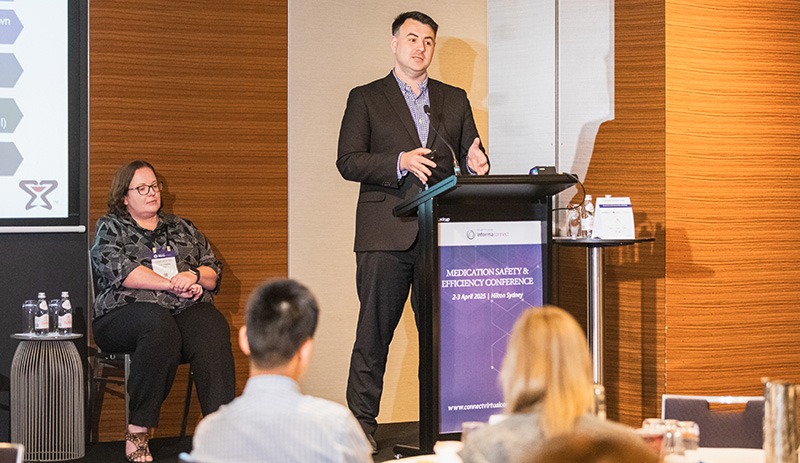Experts address the pharmacy practice questions that arise in relation to ECP salary negotiation, GP working relationships and commencing a RMMR service.
Q: I’m an ECP and have been working at the same pharmacy for two years, taking on more and more responsibility. Salary negotiations are coming up – how can I put my best foot forward?
A: Among the most important things you can do to earn the pay rise you deserve are to be well-informed and to argue with reason.
Start by having a clear view of what you believe you should be paid and why. Do your research and form realistic expectations. Speak to recruitment consultants and colleagues about what market rates are for your position.
Most important is understanding how growth of your role, skills, experience or standard of performance justifies the need for you to earn more than you already do.
What additional value do you now bring to your role? In what ways is your experience benefitting your employer?
Argue with reason. Like any negotiation process, you are more likely to achieve the outcome you want if you are fair and reasonable.
Keep emotion out of your arguments and focus on why you believe an increase in your remuneration is justified. If necessary, be open to exploring steps that can be taken over a period of time.
Karen Gately, Director of Ryan Gately and an executive adviser on human performance and relationships.
Q: How should community pharmacists be communicating with GP practices when offering minor services (eg: wound care, group education/exercise, vaccinations) to strengthen the working relationship between the two health professionals?
A: Face-to-face interactions with GP practices are encouraged for community pharmacists who are offering minor services (e.g. wound care, group education/exercise, vaccinations). Evidence in areas such as medication reviews indicates that GPs are more likely to accept interventions from pharmacists presenting the information personally, rather than in written form.1
Opportunity for meetings to discuss pharmacy services and specific patient outcomes can be explored. If not a possibility, where information is presented in written form, this should be complemented with a phone call to discuss the service and/or patient results (after obtaining patient consent).
When providing written information to GP practices, it is important to consider how much information needs to be provided, the language used, and how the information will be sent to ensure privacy and confidentiality of patients is maintained.
In relation to specific services, it is important to discuss with staff at GP practices the purpose of the service, how it will benefit the patient, the potential outcomes of the service, how the service contributes to holistic management of the health of the patient, and to establish what it is the GP would like communicated.
Other considerations may include how the service aligns with services that the GP practice provides, and how GP practice staff can refer patients to the service.
Community pharmacists should be open and confident about the services they provide and the benefits of the service to the patient, as well as ensuring the service is conducted professionally, with sound procedures and protocols in place.
Katie Hayes MPS, Vice President of PSA Tasmania Branch Committee.
Q: I have signed a contract with the Residential Aged Care Facility to provide the RMMR service. What is considered best practice for commencing a dialogue with the GP practice that cares for the facility?
A: Start your dialogue by delivering a letter to the GP practice that cares for that facility, to introduce yourself to the practice manager or nurse.
Explain the service and the benefit to the practice. Take information leaflets or brochures about the service, as well as your business card.
To aid a smooth referral process, you need to know the GP’s preferred method for communicating which residents have been identified for a review, and what his or her preferred process is to arrange the referral. You will also want to prompt the GP to add any questions or concerns about the medication regimen so you can address these in your report.
Your report is much more likely to be read if the style is adapted to the GP’s preferred format. Some like dot points, others prefer more detail. Another consideration is that some GPs have a strong preference for the language style used. Some prefer the use of ‘consider’ or ‘options’ rather than stronger language like ‘recommend’.
The GP may have a preferred style for follow up. It is frustrating when you get limited feedback, so put in place processes that improve your feedback and communication to increase your job satisfaction. Even better, you may both coordinate your visits to the RACF. Congratulations for embarking on working in RACFs. It’s a rewarding area to work in.
Amy Page, PhD, MClinPharm, GCHPE, BPharm, BHSci, CGP, FPS, Adv Prac Pharm is an expert in deprescribing for the elderly.
- Denneboom W, Dautzenberg MGH, Grol R, De Smet PAGM. Comparison of two methods for performing treatment reviews by pharmacists and general practitioners for home-dwelling elderly people. Journal of Evaluation in Clinical Practice 2008; 14(3):446-52.



 This CPD activity is supported by an unrestricted education grant by Reckitt.[/caption]
This CPD activity is supported by an unrestricted education grant by Reckitt.[/caption]





 Jess Hadley, community pharmacist and Professional Officer at PDL[/caption]
Jess Hadley, community pharmacist and Professional Officer at PDL[/caption]
 Peter Guthrey, Senior Pharmacist – Strategic Policy at PSA[/caption]
Peter Guthrey, Senior Pharmacist – Strategic Policy at PSA[/caption]


 Professor Margie Danchin[/caption]
Professor Margie Danchin[/caption]

 Dr Peter Tenni[/caption]
Dr Peter Tenni[/caption]
 How should we deprescribe gabapentinoids, according to the Maudsley Deprescribing Guidelines[/caption]
How should we deprescribe gabapentinoids, according to the Maudsley Deprescribing Guidelines[/caption]






